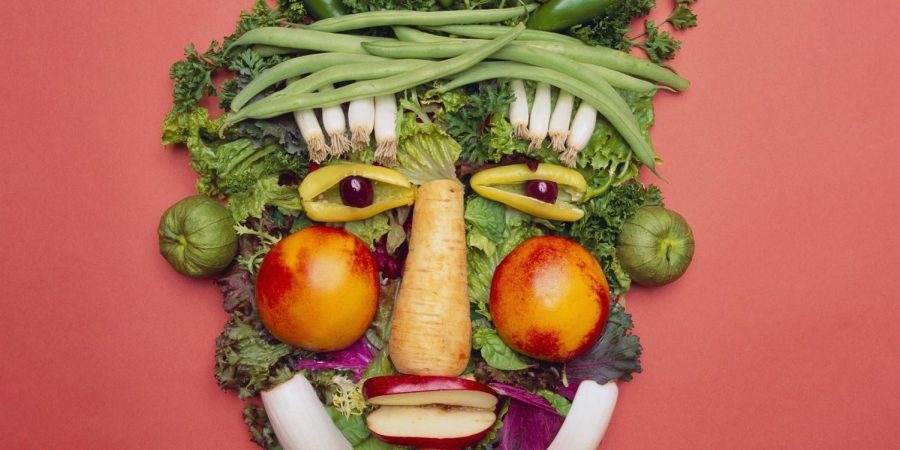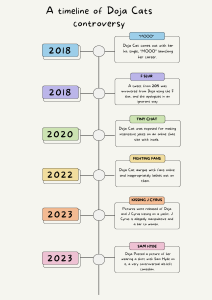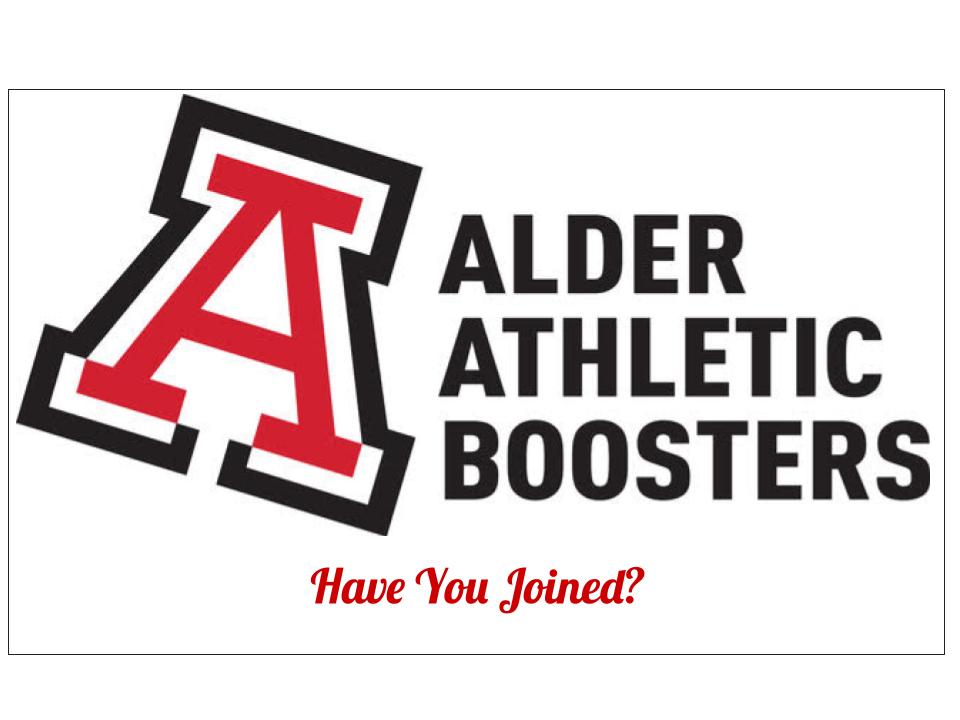Twenty-First Century Herbivores
April 6, 2020
Across America, six to eight billion adults eat no meat, fish or poultry, according to the Gallup Interactive Poll. These people are known as vegetarians, which means they do not consume any meat that comes from animals. This diet can start with just one day a week, or some people dive right in and go all the way.
Why Do People Become Vegetarian?
People may start the vegetarian diet for many reasons including health, religious beliefs, concerns about animal abuse or the use of antibiotics in livestock, or simply because they want to try something new.
Benefits from doing this may include weight loss, mental and emotional stability, as well as lean muscle production. “I didn’t see much change at first, but after a month or so I felt much healthier, physically and mentally, and overall happier.” said senior Lily Schaefer.
Senior Audrey Davis started her vegetarian diet just as “meatless Mondays” but progressively became a full time diet. “I decided to become a vegetarian after taking my Environmental Science class and learning how harmful the meat industry is to the environment and other species.”
Eating Local As A Vegetarian
Becoming a vegetarian has become more popular and convenient thanks to year round accessibility to fresh produce and more dining options that follow a plant-based diet. Many restaurants, bars and eateries now have a “Vegetarian Menu” that includes many plant based food and some foods with protein substitutes. Grocery stores and local supermarkets have also increased their availability of fresh produce to year-round. These stores also have started to sell more protein substitutes as well.
How Do Vegetarians Still Get Proper Nutrients?
A protein substitute is a food that gives the same nutrition and protein that meat would. The average steak has 65 grams of protein, and 45 grams in an average chicken breast. According to the WebMD, Neil Osterweil, protein builds and repairs tissues. Your body uses protein cells to make enzymes and hormones, it is an important building block for bones, muscles, cartlidge, skin and blood.
Key substitutes for protein consist of quinoa, tofu, mushrooms, eggs, peanut butter, cottage cheese, edamame, nuts/seeds and chickpeas. There are plenty more, but according to Healthline, these are the best ones. Another option that athletes like is protein powder-soy powder and whey powder. Protein powder is a popular supplement that repairs tissue and makes enzymes and hormones. These powders can be mixed into drinks and smoothies that give the same effect that comes from the protein in meat.
Fish and other seafood is also an excellent substitute for meat. Many may argue that being a vegetarian means no fish and vise-versa. However, people believe that since fish are caught, it is completely different from raising, let’s say, a cow for slaughter.
Schaefer said, “…I still ate seafood, which not all vegetarians do but some do. And I ate it alot, so that was how I got my source of protein.” Davis says she got most of her protein from “peanut butter and black beans.”
Becoming a vegetarian is a task that can be very difficult to some. Realizing the sacrifice on some foods can be intimidating to some people. Davis said, “I tried a veggie burger and I hated it because it made me want a real burger.” A plant based diet may not be for everyone, but many happen to like it.
Next Steps
If you are seeking more information about a vegetarian diet, or have interest in starting one please visit these sites.
- Healthline.net focuses on the pros and cons of the diet, as well as the different types of vegetarians, based on how committed the individual wants to be.
- CookieandKate.com offers meals and recipes that follow the diet.
- Eatingwell.com gives more information about protein in a vegetarian diet and gives examples to try.









